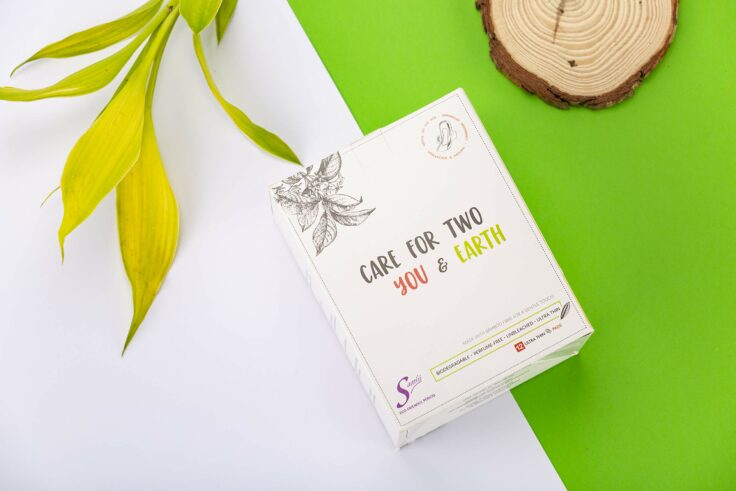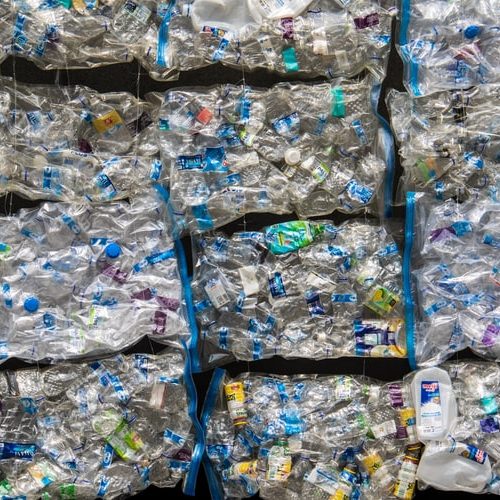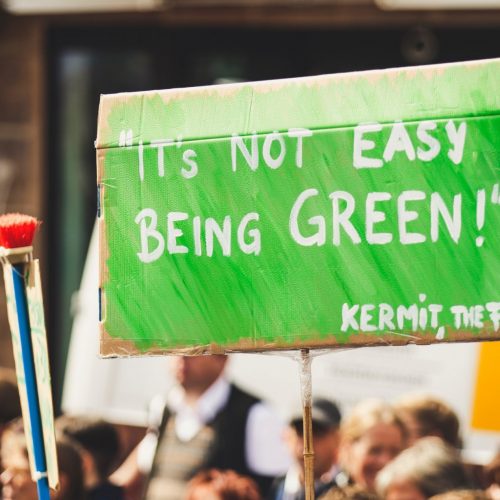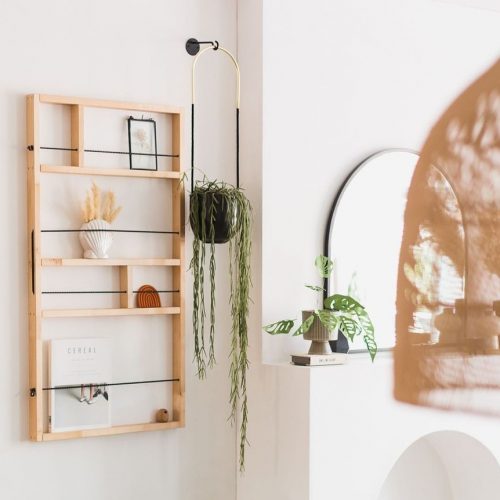In recent years, the few months of summer we try to enjoy each year have sadly turned into harsh reminders of the undeniable impact of climate change and global warming. With meteorologists repeatedly warning us of the consequences of the rising temperatures while we keep complaining about how difficult it is to step out of the house in these suffocating times, the need for collective action has never been more vital than now.
Despite the nature of the dire situation we collectively find ourselves in, all hope might not be lost, as a handful of socially-conscious organizations and activists are fighting hard to minimize the effects of our current environmental crisis, one of which is Indian sanitary company Saathi, whose objective is to improve access to sustainable menstrual hygiene products for women in India.
Co-founded in 2015 by Kristin Kagetsu, Tarun Bothra, and Grace Kane, the graduates from MIT and Nirma University are driven by a deep understanding of the pressing needs of millions of women and young girls in the South Asian country. Aiming towards bringing a more cost-effective and affordable alternative to conventional menstruation pads, Saathi is on a mission to make periods more planet-friendly by designing and manufacturing biodegradable substitutes, using a locally sourced material: banana fiber.
Today, periods are a significant source of waste. Estimating the amount of generated waste to be around 60 kg of plastic per woman over her lifetime in India, Saathi’s leitmotif revolves around bringing a cheaper, healthier, and compostable option to the table. To put it into perspective, the eco-friendly firm claims that their plant-based alternative can break down 1200 times faster than traditional plastic-made pads, using six times less water per ton than cotton substitutes, the second most present component in traditional menstrual products.
India is statistically the world’s largest producer of bananas, and the innovative venture makes use of banana stems, purchased from collectives of local farmers that usually discard them after harvesting periods of the year, turning what was once considered agricultural waste into a valuable and sustainable resource. According to Saathi, one stem can, on its own, produce 3000 pads, making their approach not only highly ecological but also very efficient and economically viable.
In a country where only 12% of menstruators have access to relevant products, Saathi’s revolutionary venture is necessary, providing a substantial amount of hope at a time when the menstrual hygiene landscape, and the global climate issue, are in dire need of an in-depth transformation.









